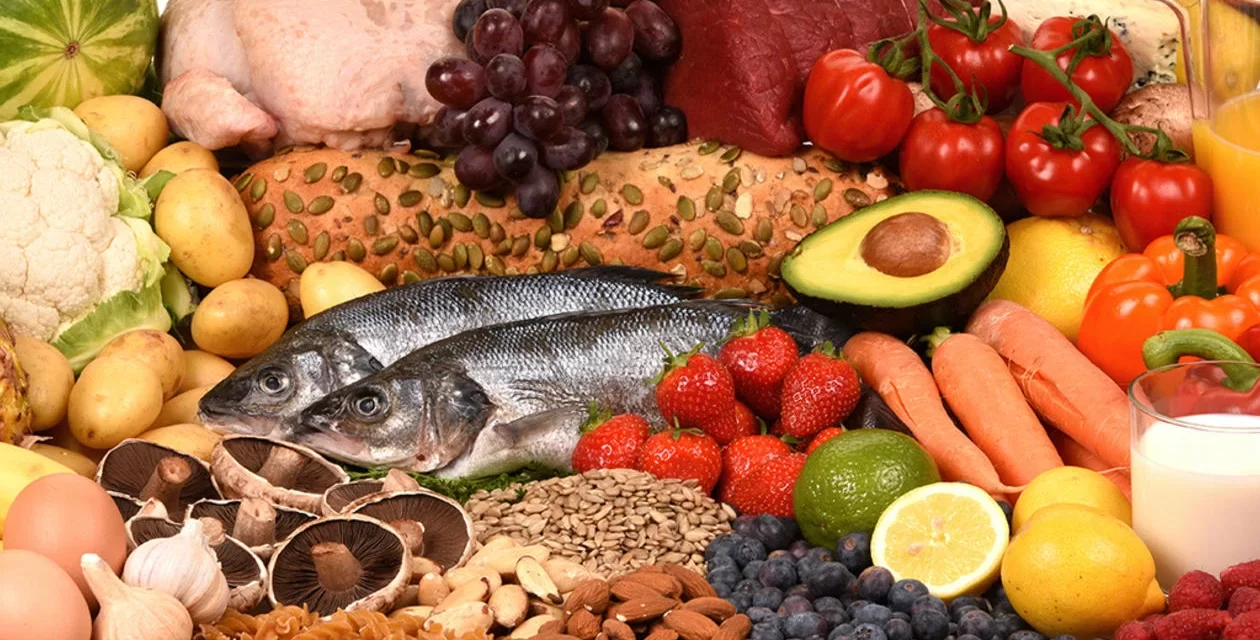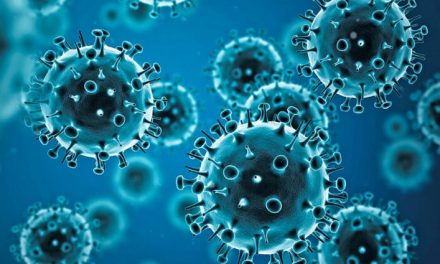But the point of nutrition is not only to be satisfied with the help of any mass as quickly as possible, but often only for a short time and not infrequently at the price of discomfort and digestive problems, but to stay healthy, happy vital.
The temporary satiety value of a dish may be significant in times of need. However, if we do not live in war or other crises, we should choose our foods based on their vital substance content.
However, we only find vital substances such as vitamins, enzymes and secondary plant substances in the quantity and quality necessary for our health in fresh and, if possible, unprocessed foods.
And only these are the ones that fill you up in the long term because they give our body everything it needs.
Declining health awareness
Since only a few people are still on the lookout for fresh, unadulterated food and are satisfied with the supermarkets’ offerings, which at first glance are plentiful but poor in terms of vitality, public health leaves more and more to be desired.
Official guides are under the influence of the industry and are less concerned about the well-being of the consumer so that ultimately the beneficiaries are those who care neither about natural prevention nor real cure but look for outlets for drugs and therapies.
Diet for health means pure enjoyment.
Therefore, we offer you a large amount of valuable information and practical tips on our website that will support you in realizing a conscious diet and which will help you maintain your health or find it again as quickly as possible.
You will learn, for example, that those foods that are considered our staple food are not human staple food by nature but contribute to the omnipresent mineral and vital substance deficiency and thus to disease and infirmity.
You will learn how some foods are harmful and which foods can instead lead to natural well-being, fitness and actual health.
Since healthy nutrition with the necessary knowledge is heavenly fun and fabulous enjoyment, it is imperative to us to report as practical as possible so that you too will soon be one of the enthusiastic veterans in matters of healthy nutrition based on our recipes, instructions and practical tips.
The so-called civilization diet is the typical example of a bad diet, which in the long term weakens health and performance and can even lead to a variety of diseases. It cannot be the basis for top performance, which requires the highest level of health and performance. Therefore, everyone who wants to stay healthy and become productive has to put together their individual high-performance diet. You have to know the foods that improve your performance and consume them in the proper proportions.
Through food, our organism is in a steady state with our environment. The food is absorbed through the digestive system and the oxygen necessary to process through the cardiopulmonary vascular system. Mechanical energy and heat are generated in the metabolism, with carbon dioxide, water and unusable substances released back into the environment as end products.
Food = food
Since we need food to live, we also refer to food as food. To distinguish them from pharmaceuticals and luxury foods, “food” in the narrower sense means substances intended to be consumed by humans in an unchanged, prepared or processed state. This does not include substances primarily intended to be consumed for purposes other than nutrition or enjoyment. All the ingredients in the food that the organism can use are called nutrients.
nutrients and health
The energy-supplying substances are usually essential nutrients or basic nutrients: carbohydrates, fats and proteins. The substances necessary for the organism and cannot be produced in one’s metabolism are usually referred to as essential nutritional factors, such as B. essential amino acids, essential fatty acids, vitamins, minerals, trace elements, and water. Certain nutrients can replace each other in terms of their importance and effect or can be produced by the organism itself – therefore, they are referred to as non-essential le nutrients. There is also a group of function-enhancing nutrients, including fibre, phytochemicals, smells and flavours, and luxury foods.
The main components of food have the following functions: Carbohydrates and fats are primarily energy suppliers. Protein is used as a building material. Vitamins, minerals and trace elements intervene in the metabolism in a regulatory, controlling and accelerating manner. Water transports all substances within the body and is also essential for temperature regulation.
Malnutrition
The high intake of empty calories in the diet of civilization, such as sugar and all sugary foods and ground flours, fats and alcohol, leads to the phenomenon that people are overfed and malnourished at the same time.
Perhaps the cause of the malnutrition, which leads to the accumulation of fat and obesity, lies in the wrong diet, as the organism, as a result of the insufficient supply of vital substances, demands food to cover its deficit in micronutrients.
In addition, industrially processed, short-chain carbohydrates and sugar shoot into the blood and increase the blood sugar level and the blood sugar-regulating hormone insulin. However, insulin is a mast hormone that, among other things, leads to the build-up of fats in the fat cells. A high-performance and high-performance diet cannot be modelled on the usual diet of civilization but must be based on a healthy diet.
It is no secret that a healthy and balanced diet has a significant impact on our state of health. It keeps us fit, strengthens the immune system and declares war on diseases. However, if obesity or deficiency symptoms occur, these can not only affect our performance. Metabolic problems are also a consequence that many segments of the population struggle with. Diet has a significant impact on our mental and physical health that is often underestimated.
In general, it is better to be safe than sorry; prevention is always better than treating an illness that has already occurred. In the context of health problems, which are becoming increasingly important today, it is vital to understand the relationships between diet and physical or mental health. This article summarizes the positive and negative effects diet can have on the mind and body.
Interest in a good way of life fluctuates.
Lots of people want to eat healthily. The idea is there, but most of the time, it fails because of the implementation. Similar to New Year’s resolutions, we take on something, but it is just too difficult to overcome our weaker selves. There is now support on every corner:
Food blogs show us how delicious healthy food can look and how easy it is to prepare.
Health insurance companies offer prevention programs and corresponding financial support.There is no shortage of offers or role models. But do more sport or cook more healthily? For many people, this involves too much effort. But is it that difficult to eat healthily? Once you know what foods to look out for to do something good for your health, you can quickly eat a healthy diet.





